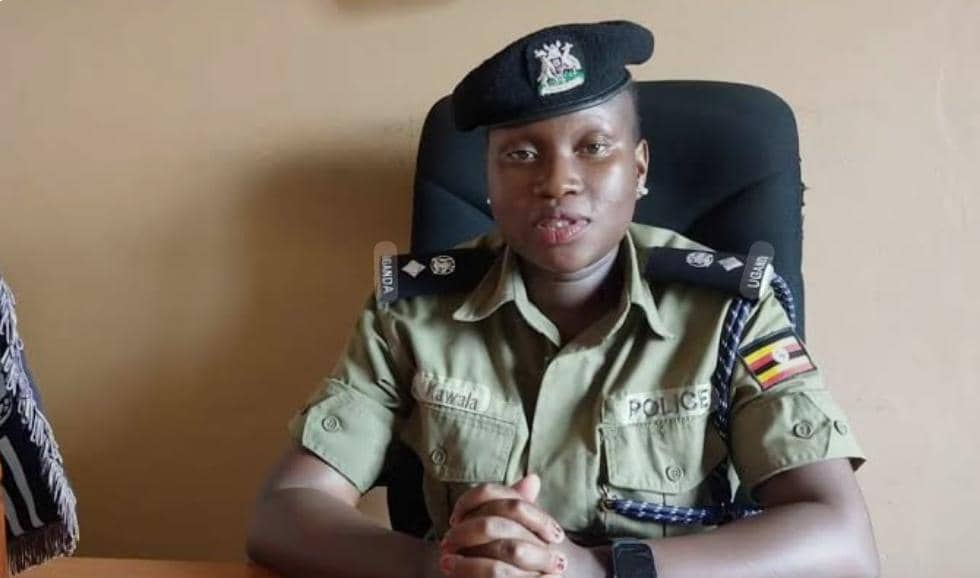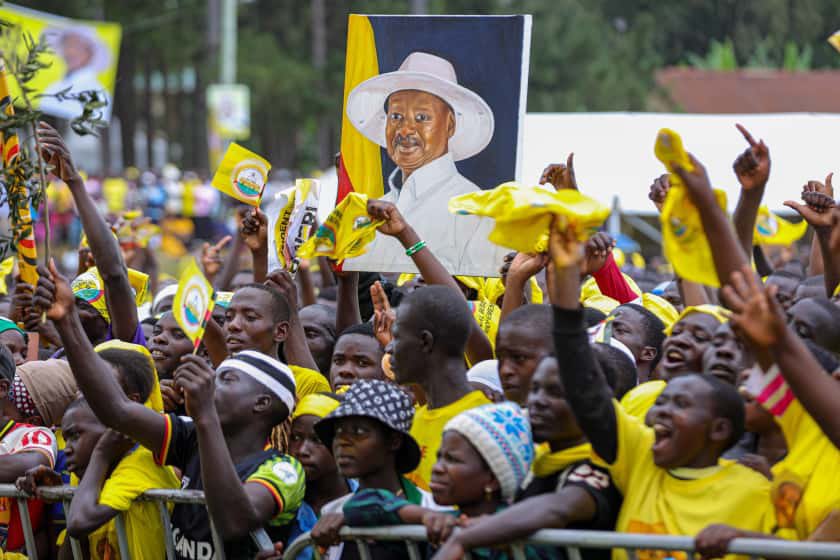Kampala – In the span of just over two months, five senior Uganda Police Force (UPF) officers have met untimely ends, sparking whispers of a curse on the force and urgent calls for transparency. From mysterious collapses to brutal attacks, the deaths of these dedicated servants of the law raise a chilling question: Why are Uganda’s senior police officers dying one after the other? As the nation grapples with political tensions ahead of elections, these tragedies expose deeper fissures in a force already stretched thin by stress, underfunding, and shadowy threats. Watchdog Uganda delves into the timeline, unearths potential causes, and demands answers from those in power.
# A Grim Timeline: From Mystery to Mayhem
The cascade began on September 3, when Superintendent of Police (SP) Musa Walugembe, a 45-year-old Special Investigations Unit (SIU) officer, was found dead in his Najjanankumbi home in Kampala. Neighbors reported he had complained of chest pains days earlier, but the sudden locking of his door and forced entry by colleagues fueled speculation of foul play. Police classified it as mysterious, with investigations ongoing but yielding no public updates.
October brought no respite. On October 2, Assistant Inspector General of Police (AIGP) Charles Kataratambi, the force’s Director of Legal Services and Human Rights, succumbed to a prolonged battle with cancer at Nakasero Hospital. Appointed in 2023 amid criticism for his role in high-profile cases, Kataratambi’s death was mourned as “untimely,” but insiders whisper his illness stemmed from years of relentless pressure.
Barely three weeks later, on October 19, Commissioner of Police (CP) Godfrey Maate collapsed while commanding operations in Sango Bay, Kyotera District. Rushed to a local clinic, the veteran leader could not be saved. Official statements cited a health-related incident, but no autopsy details have been released, leaving families and colleagues in the dark.
November escalated the horror. On the 1st, dawn raids by machete-wielding assailants on Kasese Police Barracks claimed the life of Police Constable Charles Kasimba, with six others injured in what the UPF described as coordinated attacks possibly linked to regional insurgencies. Then, on November 7, SP Ronald Mutabazi, commander of the VIP Protection Unit (VIPPU), died suddenly at his Namugongo residence. Sources point to complications from diabetes and hypertension, worsened by the chaos of securing treason trials involving opposition figure Dr. Kizza Besigye.
These are not isolated incidents. Social media buzzes with unverified claims of up to 14 officers lost in October Kasese clashes, though official tallies confirm only Kasimba’s death from that event. Yet, the pattern is undeniable: five high-ranking lives extinguished in 66 days.
# Unraveling the Causes: Stress, Neglect, or Something Sinister?
What ties these deaths? Health experts consulted by Watchdog Uganda point to chronic stress as a silent killer. “Police officers in Uganda work 18-hour shifts, often without mental health support,” says Dr. Agnes Nanyonjo, a Kampala-based psychologist specializing in occupational trauma. “Hypertension, diabetes, and cardiac issues are rampant, exacerbated by poor diets and no wellness programs.” Kataratambi’s cancer and Mutabazi’s ailments fit this mold, while Walugembe’s chest pains scream cardiac arrest under duress.
Operational hazards compound the crisis. Kasimba’s slaying highlights rising violence in the Rwenzori region, where ethnic tensions and armed groups target security installations. UPF data shows a 25% spike in attacks on officers since 2024, amid election-year politicking.
But darker theories persist. Anonymous officers whisper of internal purges or external hits silencing those privy to sensitive files—Walugembe’s SIU role involved anti-corruption probes, after all. A 2022 UPF statement on a suspected suicide by shooting underscores a history of unexplained deaths, yet no systemic probe has followed. Human Rights Watch’s 2025 Uganda report flags police overreach in suppressing dissent, suggesting morale is at rock bottom. Could burnout be weaponized?
Funding woes amplify vulnerabilities. With the UPF’s budget stagnant at UGX 1.2 trillion despite inflation, equipment lags and medical access is spotty. A recent recruit’s collapse during training in Adjumani—preliminarily ruled heat exhaustion—hints at broader fitness failures.
# Voices from the Trenches: A Force in Freefall
“We bury our brothers weekly, and the IGP says ‘carry on,'” confides a mid-level officer in Kampala, speaking off-record. “It’s not just death; it’s the fear.” Families echo the grief: Walugembe’s widow told reporters of his exhaustion from endless stakeouts. Kataratambi’s colleagues remember a man who championed rights reforms, only to fade under the system’s weight.
Opposition voices seize the moment. NUP’s Kampala branch decries a “disgraced” force, linking deaths to mishandled clashes. Even UPF spokesperson Kituuma Rusoke admits strain: “We mourn deeply, but investigations continue.”
#A Call to Reckon: Time for Accountability
As Uganda hurtles toward polls, these deaths demand more than condolences—they require a national inquiry. Parliament must probe UPF wellness protocols, autopsy all cases transparently, and allocate funds for mental health units. The Inspector General of Police owes families closure, and the public, truth.
In a nation where the thin blue line guards democracy’s fragile edge, losing its guardians to neglect or malice is untenable. Why the silence? Why the rush to forget? Watchdog Uganda stands ready to amplify until answers flow. The blue line must hold—not crumble.
Do you have a story in your community or an opinion to share with us: Email us at Submit an Article









